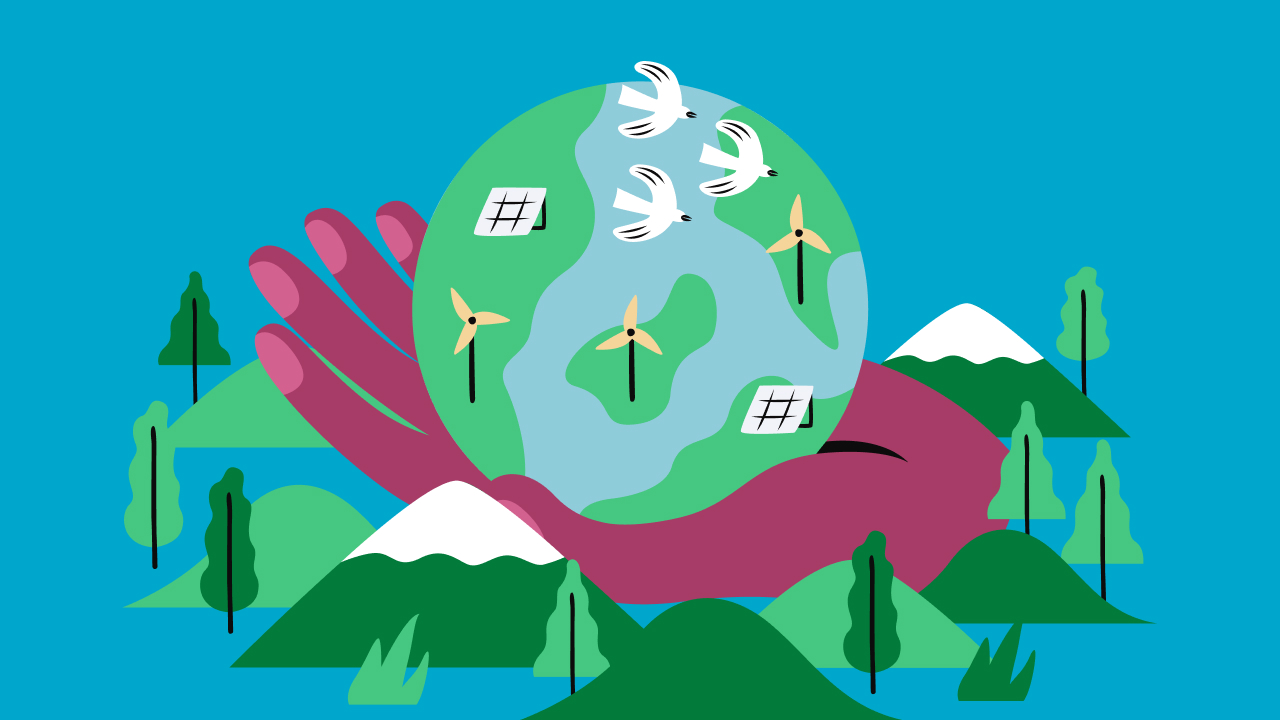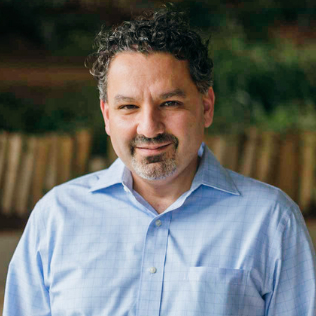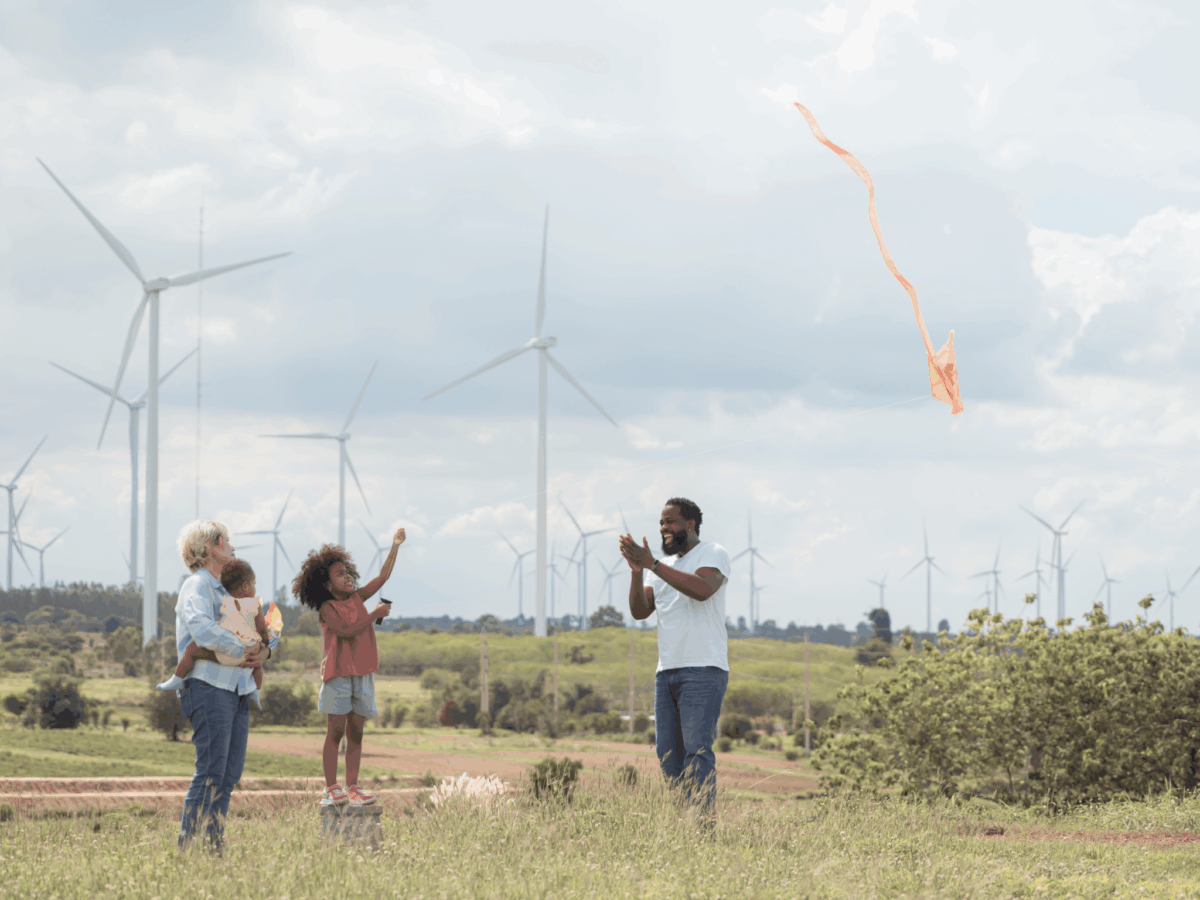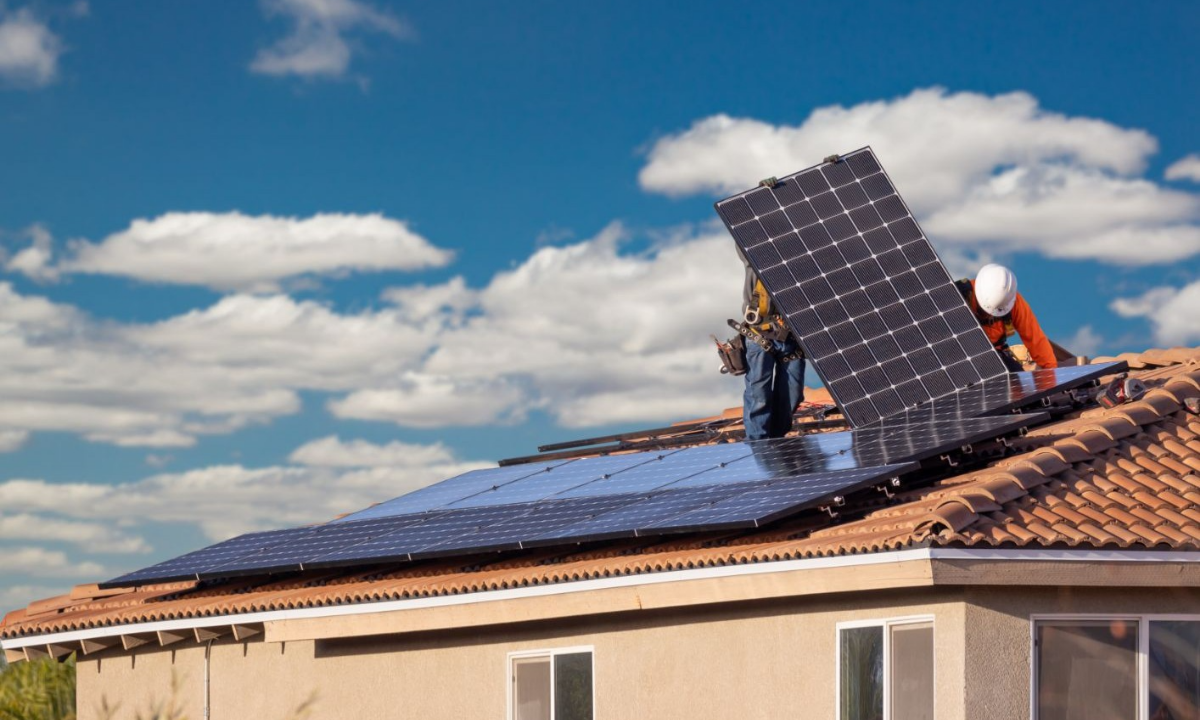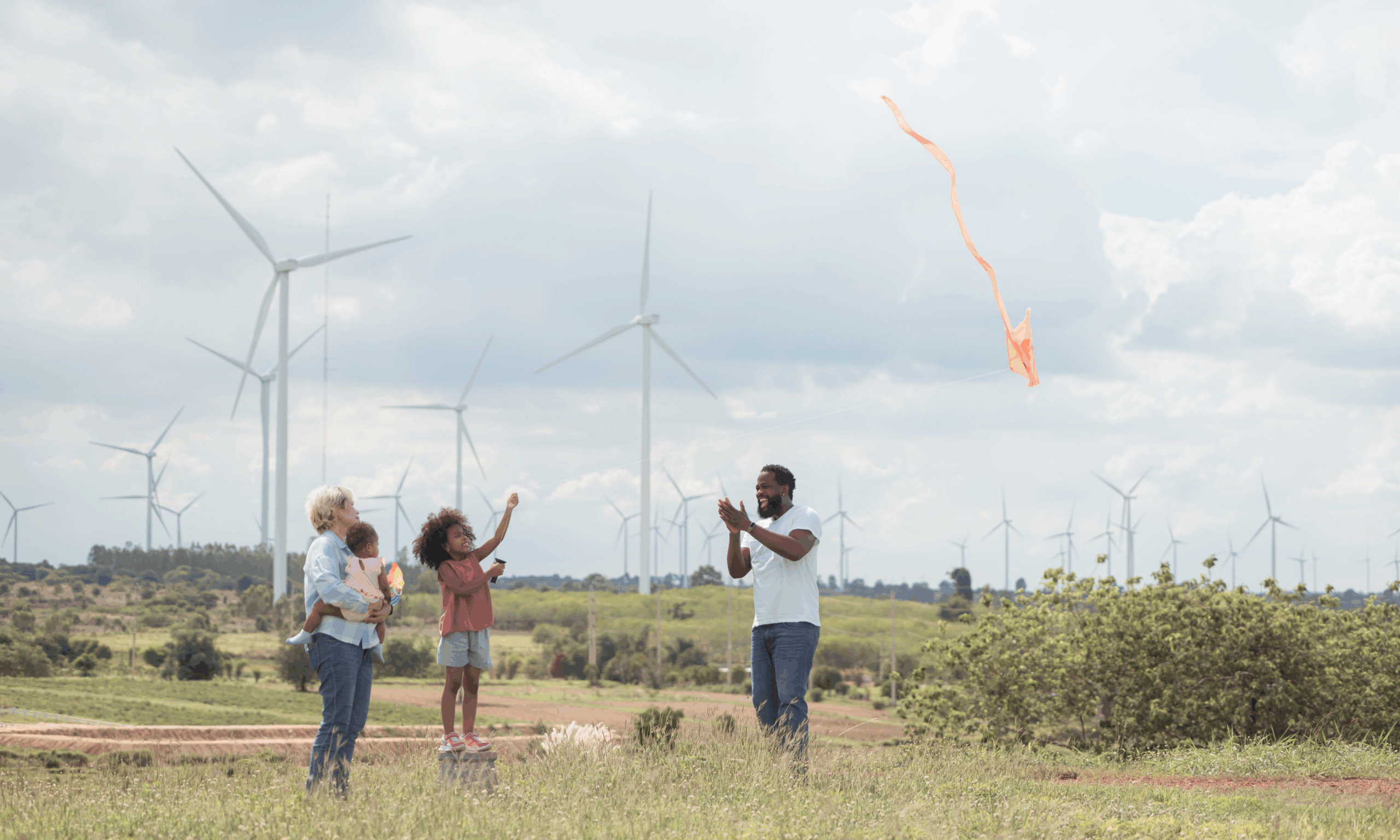Dalberg uses cookies and related technologies to improve the way the site functions. A cookie is a text file that is stored on your device. We use these text files for functionality such as to analyze our traffic or to personalize content. You can easily control how we use cookies on your device by adjusting the settings below, and you may also change those settings at any time by visiting our privacy policy page.
Amid the rising reevaluation of climate commitments globally, the importance of continued transparency, accountability, and systemic climate action is only intensifying. Whether that’s communicating the milestones achieved, the challenges faced, or new targets required, we must strive to stay adept with the evolving science, regulations, and expectations of all those affected.
Dalberg recognizes the need for swift action on climate, and the importance of equity, inclusion and justice in solutions. Since our commitment in April 2020 to contribute towards the global effort to limit temperature rise to 1.5°C, we have made important strides toward reducing and mitigating our carbon footprint as well as optimizing climate outcomes in our work with clients.
Our three-part climate commitment binds us to apply a climate lens to every project—driving climate impact for clients through our work, reducing emissions wherever possible, and allocating resources to offset unavoidable emissions by supporting impactful projects which support restoration and regeneration through nature-based climate solutions.
Over the course of 2024, we made progress toward our 2026 carbon reduction targets, while also taking the opportunity to reflect on our approach to plastic use and identifying a new pathway to ensure we accurately reflect our contribution towards global goals. This year, we’ll be providing essential funding to impactful projects centered on reforestation, biochar, and blue carbon, and recycling of low-value plastic.
Working toward our carbon reduction targets for 2026
We continue to work toward our targets for 2026, which include 55% reductions in both scope 3 greenhouse gas (GHG) emissions and scope 1 and 2 GHG emissions. In the last reporting cycle, Dalberg cut its scope 1 and 2 carbon emissions by 83% and its scope 3 emissions by 62% compared with our 2019 reference year.
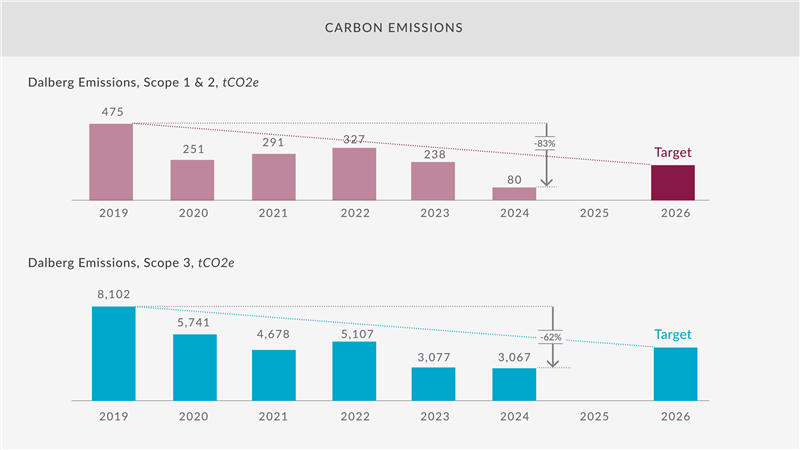
Shifting our approach to plastic footprint accounting, while continuing our efforts to reduce plastic
As part of our public commitment to reduce our per-person plastic footprint by 30% by 2026 (from a 2019 baseline), Dalberg sought to measure and mitigate our employees’ use of plastic at the office, with a goal for “plastic neutrality.” While this terminology garnered a lot of traction, it also raised critical questions in setting clear definitions, establishing meaningful benchmarks, and ensuring accurate accountability. Our experience exposed gaps in measurement, verification, and long-term effectiveness—causing us to question what the terminology of plastic neutrality entails. We found that accurately accounting for plastic use across our global offices—through a decentralized and largely manual process—posed significant challenges in consistency and reliability. That’s why, to ensure we accurately reflect our contribution towards global targets, we are shifting our approach.
To achieve this, we worked alongside our strategic partner, rePurpose Global, who develop, spotlight, and advocate for impactful interventions to prevent waste and drive circular solutions. As a pioneer in global traceability and verification protocols for plastic recovery, they guided us with a new pathway to mitigate the impact of a standardized 15kg of plastic per employee per year—which was determined by taking into account the size, profile, and service-based model of Dalberg. By removing the need to manually quantify annual reductions in plastic use, we can now redirect and intensify our efforts to reduce plastic consumption within our workspaces and embed sustainable practices in our operations as part of our broader Plastic Recovery Pledge, which supports the expansion of global waste management systems and the prevention of plastic from entering the environment.
We’ve established a network of champions across our Global offices, who’ve been instrumental in seeking out local solutions and fostering new strategic partnerships. In Bogotá, for example, we work with a local collective that picks up recycling materials every two weeks. In India, in both our Delhi and Mumbai offices, we’ve installed sanitary napkin recycling bins with support from Padcare, a startup with patented technology to recycle used sanitary napkins into pulp products and plastic granules.
Compensating for Unavoidable CO2 Emissions and Plastic Use Through Investments into Nature-based Removals, Innovation, and Inclusive Projects with a Global Remit
While our first and foremost priority is to reduce the amount of CO2 we emit or plastic we use, Dalberg continues to mitigate what we can’t yet eliminate, by working with a portfolio of carbon and plastic credit solutions. These projects aim to support restoration and regeneration through nature-based climate solutions, and empower ownership by local and indigenous communities to benefit those most affected by climate change.
To achieve this, we are in the process of defining which offsets to purchase through our continued partnership with Klimate, a verifiable, science-based carbon removal solution provider that ensures investment in high-quality, high-integrity, and additional carbon removal projects.
In 2024, we purchased carbon credits to compensate for the 3,146.93 tCO2e emitted across our offices and staff members (including goods and services purchased, fuel and energy-related activities, business travel, and employee commuting). Klimate’s offsetting aligns with SBTi’s Corporate Net-Zero Standard and the Oxford Offsetting Principles, which also underwent revisions last year to address the market shifts and mounting evidence that some carbon-offset schemes are over-crediting.
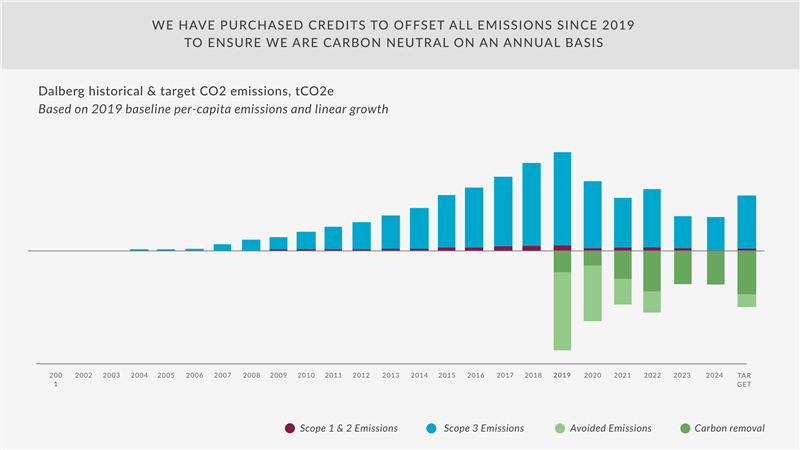
As we continue on our carbon reduction trajectory, our core objectives include maintaining the 55% decrease in GHG emissions, reducing per-person plastic consumption through localized initiatives, and applying a climate lens to all our engagements as part of our organizational DNA. We will continue to update our methodology and measurements, support our teams in reducing their emissions, and select the highest quality credits and partnerships to ensure that we are minimizing our carbon footprint and mitigating what we can’t yet eliminate.

